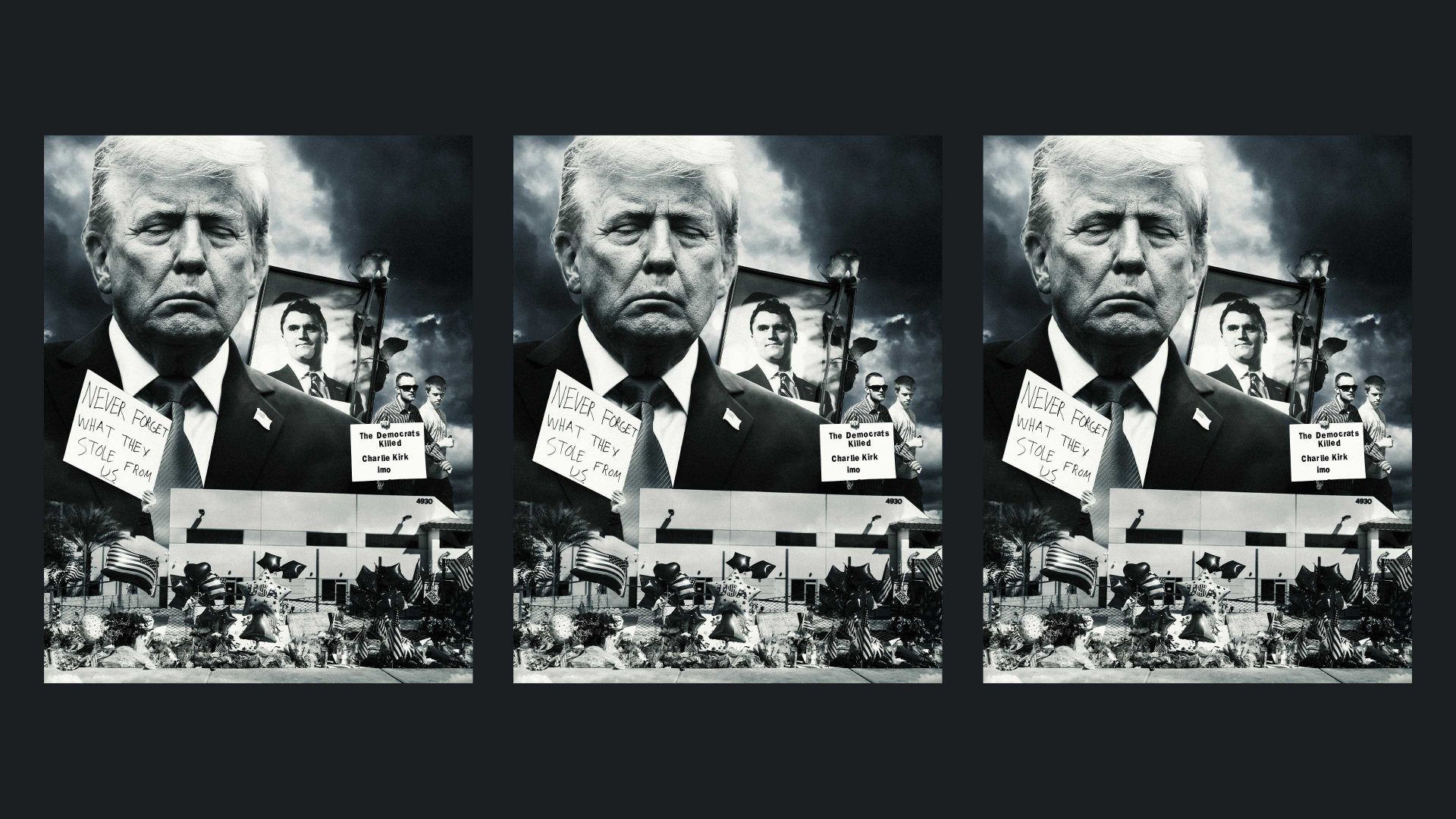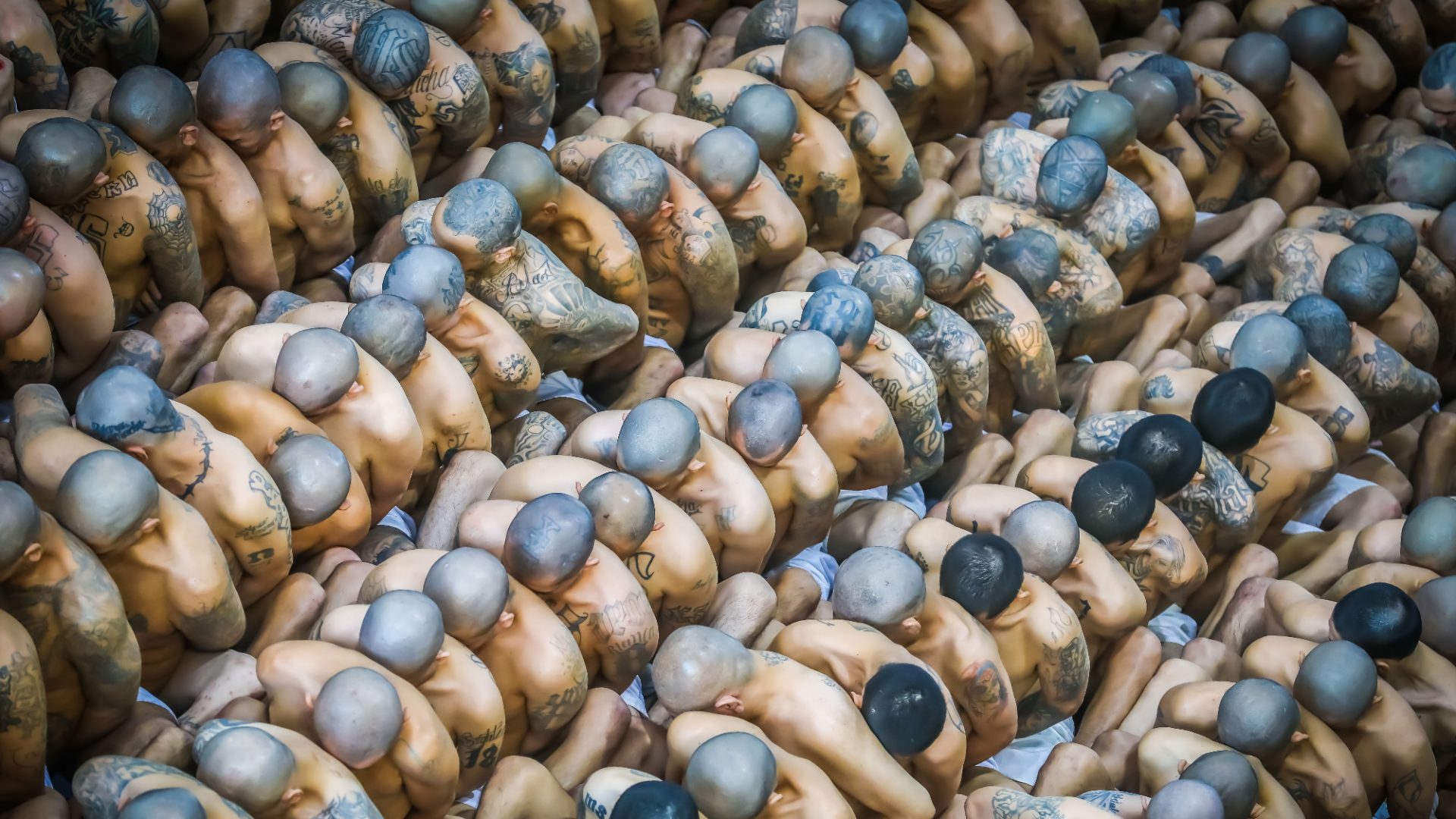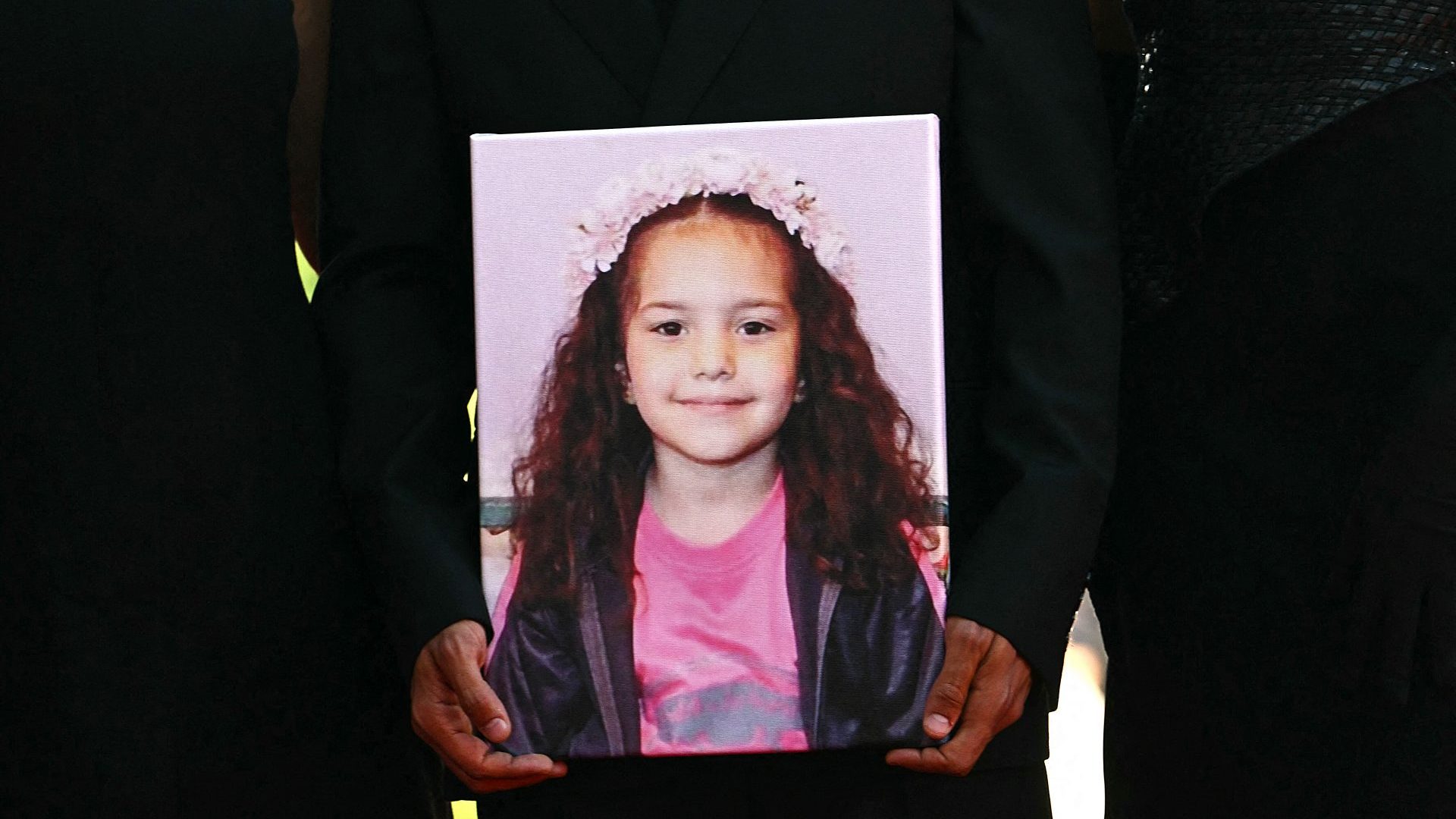When Oklahoma City’s Federal Building was bombed in 1995, it seemed clear that the blame lay with Islamist extremists. Likewise, last week, when the prominent right wing podcaster Charlie Kirk was shot dead on the campus of a Utah university, it seemed clear the blame lay with the radical left.
In the interval before the Oklahoma bomber was caught, President Bill Clinton called the culprits “evil cowards”, but did not assert who he thought they were. Only after the suspected bomber Timothy McVeigh was arrested did Clinton denounce the far right militia movement with which McVeigh apparently had links.
By contrast, within hours of Kirk’s horrifying murder, before anyone had been caught, President Trump said this:
“For years, those on the radical left have compared wonderful Americans like Charlie to Nazis and the world’s worst mass murderers and criminals. This kind of rhetoric is directly responsible for the terrorism that we’re seeing in our country today, and it must stop right now. My administration will find each and every one of those who contributed to this atrocity and to other political violence, including the organisations that fund it and support it.”
On TV, in Congress and online, his supporters leapt to the same conclusion, declaring they were now “at war” against their domestic political opponents.
Even when a suspect was arrested, the motive was not immediately clear: evidence so far suggests anti-fascism to some, gamer nihilism to others. But the uncertainty did nothing to dampen the cry that the radical left as a whole is to blame.
This should not be surprising. In their recent book The Shadow Gospel, media scholars Whitney Phillips and Mark Brockway argue that the right wing view is now driven by a “demonology” that casts liberals as an existential threat. That meant, even before seeing one of their heroes assassinated in public, many on the Trumpist right already believed themselves to be locked in an all-out moral conflict with their political enemies.
In the wake of Kirk’s murder, Trump’s homeland security adviser Stephen Miller articulated an even more extreme version of that view, when he spoke of a battle between “family and nature” and against those who celebrate “everything that is warped, twisted and depraved”. The “fate of millions,” he added “depends upon the defeat of this wicked ideology.”
So if the administration is now at war against the “warped, twisted and depraved”, what does that look like? For one thing, US universities were already under extreme pressure from federal threats to withdraw funding, on the basis that academics are poisoning young American minds. The fact that the shooting took place on a campus seems to have given new energy to this anti-education drive. Trump supporters sprang into action, searching online for anyone who had made offensive comments about Kirk, particularly university staff, then contacting their employers. One prominent late-night TV host, ABC’s Kimmy Kimmel, has already been pulled off air indefinitely over comments he made about Kirk’s shooting.
According to NBC, “At least a dozen faculty and staff, from school board officials to classroom teachers, have been met with fallout over insensitive posts about Kirk’s death” and two universities had “fired staff members entirely.” At one state university in Tennessee, two faculty members are on administrative leave after allegedly posting the comments, “you reap what you sow” and “This isn’t a tragedy. It’s a victory.”
If the last few days’ rhetoric is any guide, such efforts may rapidly intensify. Republican congressman Clay Higgins tweeted of those who had “belittled the assassination” that “their businesses will be blacklisted aggressively, they should be kicked from every school, and their driver’s licenses should be revoked.” The Washington Post reported similar indications from the administration.
The State Department had already deployed its control over visas to target pro-Palestine activists. Now deputy secretary of state Christopher Landau has promised to revoke the visas of migrants who celebrated Kirk’s death, and to refuse entry to non-citizens “praising, rationalising, or making light of it.”
Pro-democracy and civil society groups have been seeking to counter what they cast as the administration’s transgression of laws and norms “to amass power, escape accountability, and implement its extreme agenda,” as Michael Sozan of the Center for American Progress in Washington DC puts it. And now? “US democracy,” Sozan tells me, “has entered an exceedingly challenging period, more challenging than had even been predicted by experts.”
As Trump’s statement immediately after the shooting indicated, his administration will target organisations it accuses of funding and supporting political violence. Taken literally, that might be uncontroversial, but given the broad sweep of the rhetoric of the last few days, there is serious concern that the administration will now use the murder as a pretext to crack down on non-violent opposition groups.
In Sozan’s assessment, “the administration will increase its targeting of civil society organisations, lawmakers, and others it deems to be Trump’s political opponents, an unfortunate move in light of heightened political violence.”
Prominent Trump supporters have stepped forward to sketch out what such targeting might look like. The conspiracy theorist and Trump confidante Laura Loomer – who ironically earlier this year wrote that Kirk was a “traitor” and “charlatan” after he criticised the president – now called on the administration to shut down “every single left wing group that funds violent protests.”
Suggested Reading

Donald Trump and the power of hoaxes
Others want to see the revival of old-school FBI counter-subversion techniques. The Manhattan Institute’s Christopher Rufo – who has been influential in the move to eradicate diversity programmes from universities – tweeted, “The last time the radical Left orchestrated a wave of violence and terror, [FBI chief] J Edgar Hoover shut it all down within a few years. It is time, within the confines of the law, to infiltrate, disrupt, arrest, and incarcerate all of those who are responsible for this chaos.”
Rufo’s emphasis on legality is striking: in the 1960s and 1970s, Hoover’s operations against the violent far left went well beyond the confines of the law.
Another legal tactic pro-Trump voices advocate is aggressive prosecutions, such as via the Racketeer-Influenced and Corrupt Organizations Act. This is a 1970 law designed primarily to tackle organised crime, but for MAGA, it has painful current resonance: it was under Georgia’s RICO law that Trump was charged with conspiring to steal the 2020 election.
Tagging attorney general Pam Bondi and FBI director Kash Patel on X, the far right conspiracist Mike Cernovich tweeted: “Congressional hearings now. Every billionaire funding far left wing extremism. Soros, Bill Gates, Reid Hoffman. Massive RICO investigations now.”
There are indications this idea has traction. When Stephen Miller – who was already denouncing the Democratic Party as a “domestic extremist organisation” weeks before the shooting – appeared on Fox News on Saturday, where he warned the left’s “domestic terrorists” that law enforcement “will be used to find you, will be used to take away your money, take away your power and if you have broken the law, take away your freedom.” The legal tools required, he suggested, “could be a RICO charge, a conspiracy charge, conspiracy against the United States, insurrection”.
Given that one primary target is the funding of left-leaning progressive causes, it is striking that Cernovich’s post takes aim at the billionaire who has long loomed largest in conspiracist demonology, baselessly accused of stoking violent protest: George Soros. And two days after the murder, Trump told Fox News: “We’re going to look into Soros because I think it’s a RICO case against him and other people because this is more than protests. This is real agitation; this is riots on the street – and we’re going to look into that.”
Miller’s hints on Fox about using the law on “insurrection” point to a broader fear: that the administration will eventually invoke the 1807 Insurrection Act. Within hours of the shooting, the founder of the violent far right “Oath Keepers” militia, Stewart Rhodes, urged the president to do just that.
“You should declare the left in this country is in obvious open rebellion against the law of the United States,” he said. “They’re committing insurrection, they’re aiding and abetting an invasion, and they’re blocking the execution of federal law”.
Rhodes’s 18-year sentence for seditious conspiracy in the January 2021 attack on the US Capitol was commuted by Trump on returning to office. And recent months have seen the deployment of the National Guard and US Marines in Los Angeles, and the Guard in Washington DC, disregarding the wishes of local and state officials: what critics see as the creation of a paramilitary force loyal only to the president. Nonetheless, Trump has so far proved wary of invoking the Act. The deployment in Los Angeles, for example, was based on a legal workaround.
Behind this hovers the possibility of the use of national emergency powers. For the moment, there is little sign that Kirk’s assassination will be used as a justification for such a draconian step; critics’ fears in this regard tend to focus on a possible presidential attempt to use such powers to delay or take over next year’s mid-term elections.
In the face of all this, many powerful organisations, from law firms to corporations, have chosen to fold. But in some quarters, there is a determination to resist.
At the Center for American Progress, Michael Sozan insists that “the administration is not all-powerful and cannot act with total impunity. There are dangers to overreach.
“President Trump’s approval rating has already fallen to below 40%, and most of his policies are not helping everyday American people. If civil society – and everyday people – peacefully mobilise against this administration even in the face of substantial threats, it sends a crucial signal of oppositional strength. Authoritarian governments around the world have often collapsed or been forced to change course in the face of mass opposition.”
The 50501 movement, which sprang up earlier this year and has led a series of nationwide days of protest, released a statement last Sunday condemning “political violence in all its forms”, and standing with “all victims of gun violence and their families”, remaining “committed to radical love and nonviolence even in the face of bigotry and hate.” They also denounced “escalating rhetoric by the president and the far right that generates violence”.
The immediate fear is that political violence escalates. Amid the declarations of “war” against the “radical left”, radical right groups that have been on the back foot since their role in the attack on the Capitol see an opening. Rhodes is reviving the Oath Keepers; other such groups are stirring too. On Friday, Trump suggested the radical right just didn’t “want to see crime”; the problem lay squarely with the radical left.
Denouncing the murder of Charlie Kirk as “abhorrent”, professor Aziz Huq, a legal scholar at the University of Chicago, tells me that “state responses that take advantage of [criminal acts] to inflict more wanton violence do not mitigate their moral wrong – they compound it.”
He sees parallels with past escalation elsewhere: “In many other times and places, violence against those deemed “fascists” has precipitated spirals of state and parastatal counter-violence – to the vast detriment of the people and their rights.”
And in America? “The pieces for such a spiral are certainly in place in the United States now, and there’s scant sign that those with power to decide on what to do will be able to restrain themselves from deepening, rather than pulling out of, new spirals of political violence.”
Phil Tinline is the author of Ghosts of Iron Mountain: The Hoax That Duped America and Its Sinister Legacy



